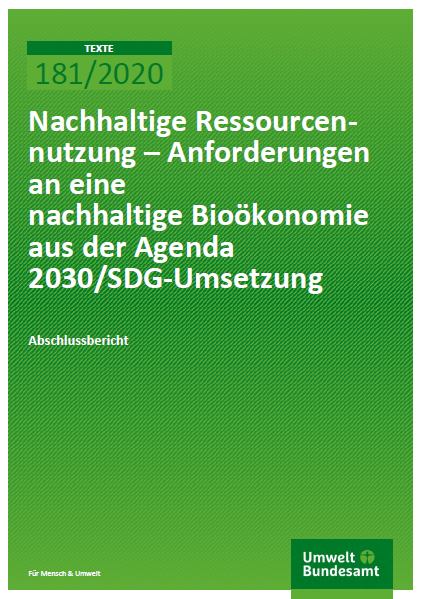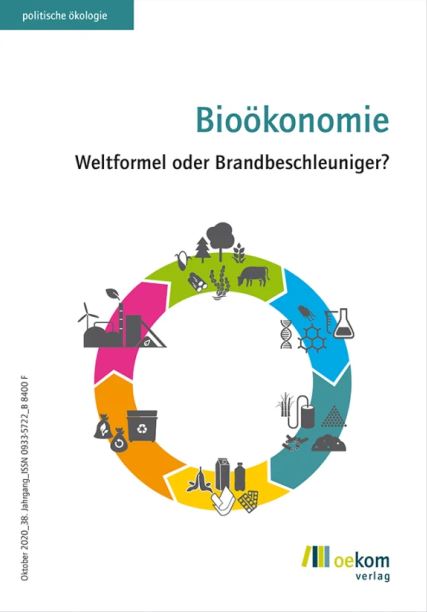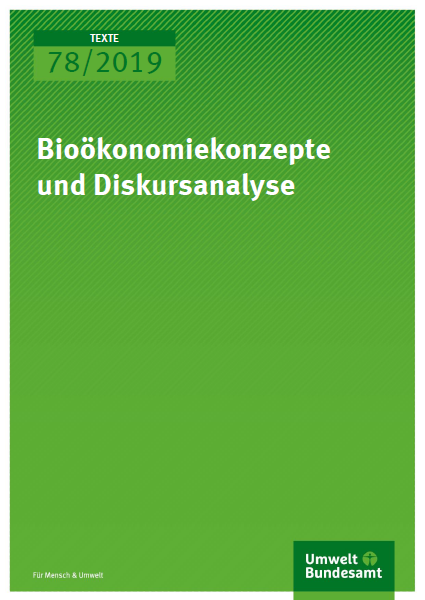Sustainable Resource Use – Requirements for a Sustainable Bioeconomy from Agenda 2030 / SDG Implementation
- Project
- Duration
-
-
A sustainable bioeconomy could contribute to replacing fossil-based resources and feeding a growing world population. Inherent to a transformation towards such an economy are economic, ecological and social opportunities as well as risks. This project for the German Environment Agency explored these opportunities and challenges. The UN Sustainable Development Goals (SDGs), which are the guiding principles of the 2030 Agenda, served as a basis for this evaluation.
In this project, Ecologic Institute analyzed all relevant worldwide political bioeconomy strategies and actors. The work was based on the following questions:
- What are the differences between the different bioeconomy strategies (e.g. focus, essential characteristics, participatory character)?
- Which actors, interests and conflicts influence their development and implementation?
- What are the relevant societal initiatives and networks, and who are the key actors in the Global South (e.g. Brazil and Indonesia)?
- What are the underlying concepts of bioeconomy strategies?
Apart from this, Ecologic Institute played an advisory role in the other work packages of the project. Based on the analysis of bioeconomy strategies, actors and the ongoing societal debates on the topic, the project selected and analyzed relevant technology paths. In doing so, it identified development paths and evaluated them and their potential in the context of global megatrends.
In addition, the cross-references and interdependencies of the bioeconomy to individual SDGs were evaluated in more detail. The aim was to identify contradictions and conflicting objectives, as well as opportunities and potential synergies. For this purpose, the project analyzed the value chains of specific biomass product groups (e.g. soya, palm oil, sugar cane) and relevant sectoral trade policies based on three country examples in Africa, Asia and Latin America. This then helped pinpoint the requirements for a sustainable, resource-efficient bioeconomy for the implementation of the SDGs. The work focused on SDG 2 ("No Hunger") and SDG 15 ("Life on Land"). The results informed the design of policy measures for the implementation of SDGs in the context of bioeconomy strategies and contributed to the further development of national, European and international bioeconomy policies.





